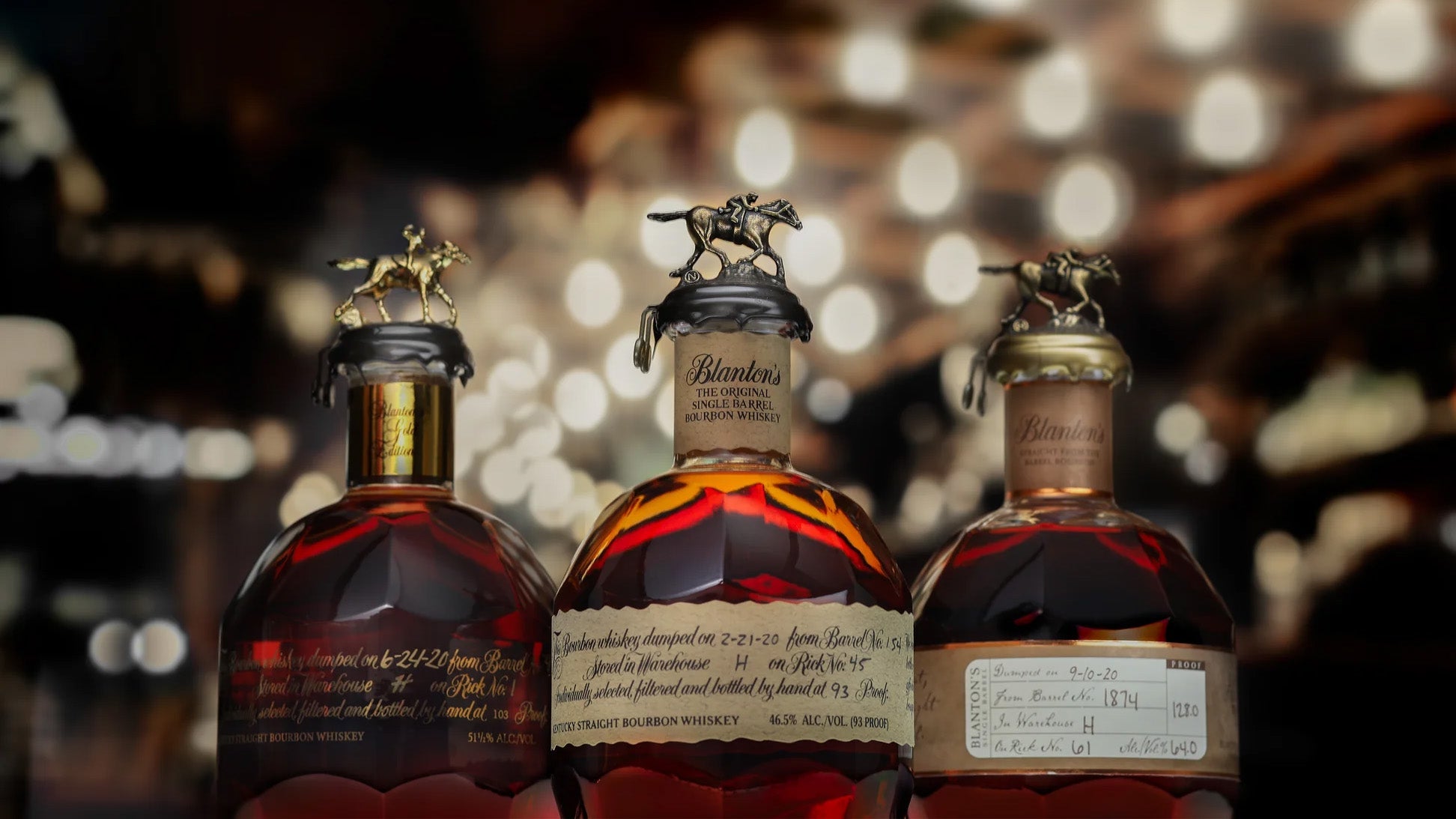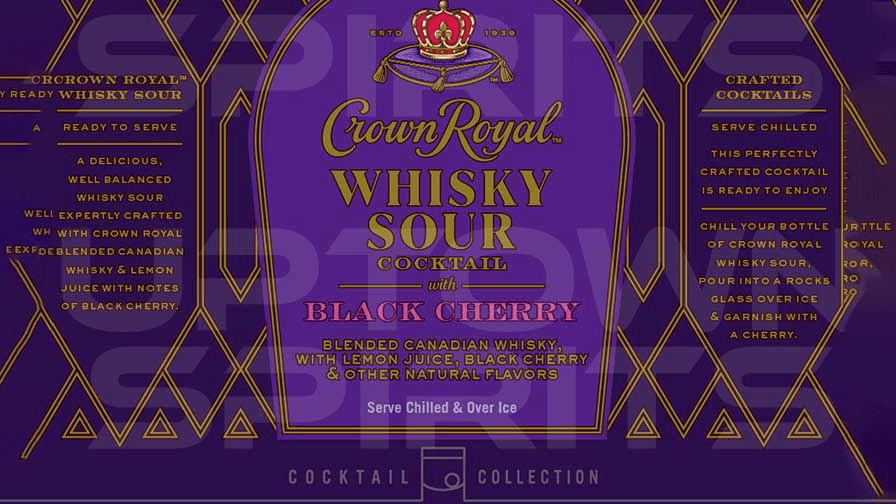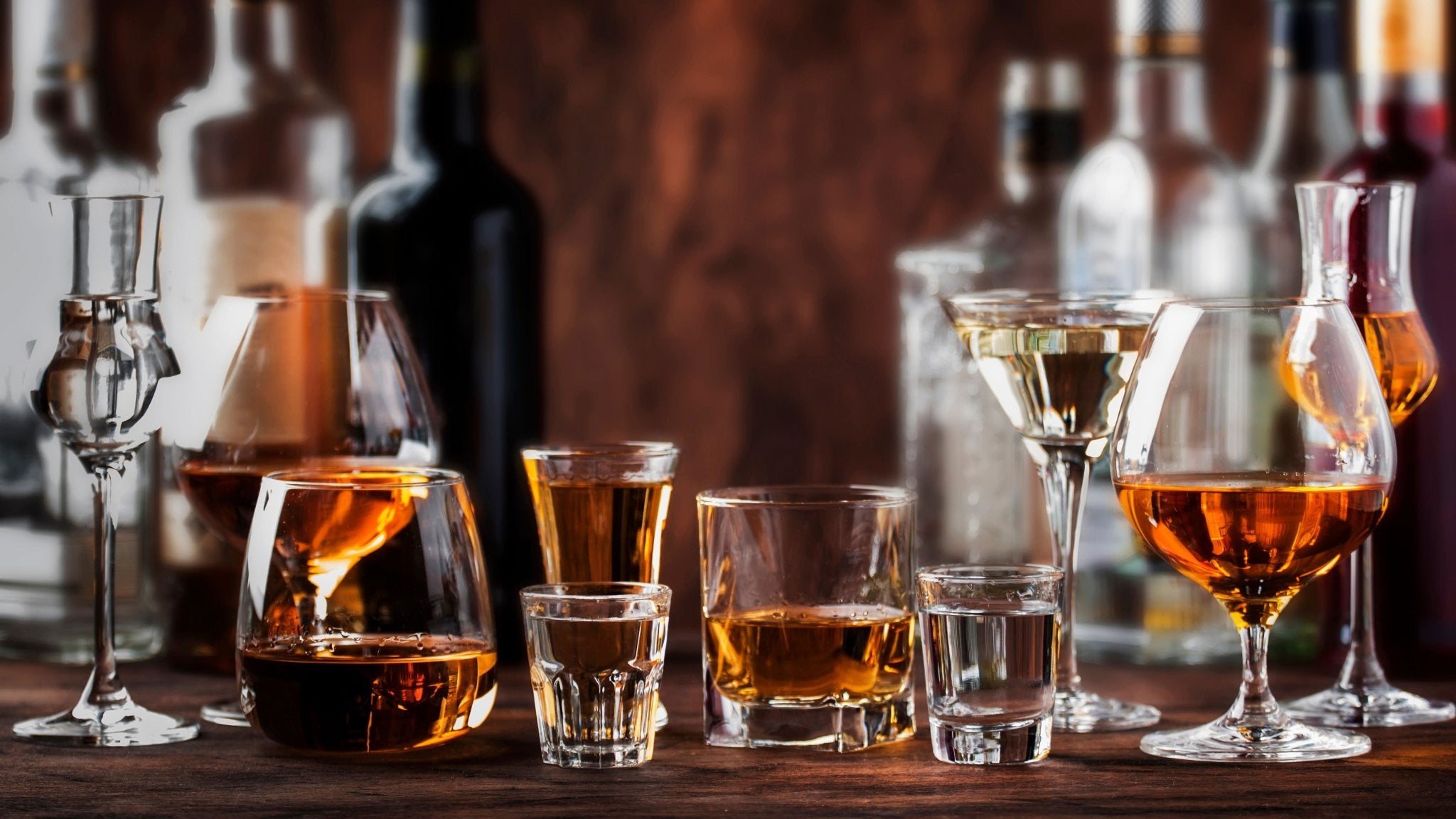As wine enthusiasts, we often find ourselves asking the question – how long can I age this bottle of wine?
The answer to that question is not always clear-cut, as the answer depends on a variety of factors, including the grape varietal, region and vintage.
In this quick and dirty guide to aging wine, we’ll provide you with some basic information on how to determine whether a bottle is ready for drinking or needs more time in the cellar.
So sit back, pour yourself a glass of your favorite tipple and let us teach you everything you need to know about aging wine!
Does all wine get better with age?
No, not all wine gets better with age. In fact, most wine is meant to be consumed within a few years of its vintage date. Only a small percentage of wines improve with extended aging in the cellar. Most wines are produced to be enjoyed young and fresh.
The fruit flavors are at their peak and the tannins, or astringent compounds, are still soft. As red wines age, the tannins become more pronounced, which can make the wine taste bitter. The fruit flavors can also fade and be replaced by earthy or musky aromas.
Some people enjoy these more complex flavors, but others find them off-putting. Wine producers usually include information on the label about when the wine is best to drink. If you’re unsure, a good rule of thumb is to drink reds within three to five years of the vintage date and whites within two to three years.
Of course, there are always exceptions to the rule. Some wines, like Champagne, actually improve with age. Others, like Beaujolais nouveau, are meant to be consumed young. When in doubt, ask your wine merchant or check out online reviews.
So, not all wine gets better with age, but some definitely do. It just depends on the type of wine and what you personally prefer in terms of taste.
What makes a wine able to age?
A wine’s ability to age is determined by many factors. The most important factor is the grape variety. Some grapes, like Cabernet Sauvignon, are naturally high in tannins and other compounds that act as preservatives. This means that they have the potential to age for many years. Other grapes, like Chardonnay, have fewer of these compounds and so do not age as well.
The second factor that affects a wine’s aging potential is the winemaking process. Wines that are made in a more traditional style, with longer skin contact and less filtering, tend to have more tannins and other compounds that help them age. Wines that are made in a more modern style, with less skin contact and more filtering, tend to be lighter in body and have less of these aging compounds.
The third factor that affects a wine’s aging potential is the storage conditions. Wines that are stored in cool, dark, and humid conditions will age more slowly and develop more complex flavors than wines that are stored in warm, bright, or dry conditions.
So, if you’re looking for a wine that will age well, look for a grape variety that is high in tannins and other preservative compounds, like Cabernet Sauvignon. And make sure to store your wine in cool, dark, and humid conditions.
How long does white wine last?
This is a question that many wine lovers ask, as they want to know how long they can enjoy their favorite bottle of white wine. While the answer may vary depending on the specific type of white wine, there are some general guidelines that can help you determine how long your white wine will last.
First, it is important to understand that white wine is a perishable product. This means that it will slowly deteriorate over time, and eventually, it will no longer be safe to drink. However, the rate at which this deterioration occurs varies depending on the type of white wine.
For example, lighter-bodied white wines (such as Sauvignon Blanc) tend to have a shorter shelf life than fuller-bodied white wines (such as Chardonnay). In general, you can expect a bottle of white wine to be at its best for 1-3 years after the vintage date.
After that, it will begin to lose some of its flavor and aroma, although it will still be safe to drink. If you have an older bottle of white wine that you are unsure about, it is always a good idea to give it a smell and taste before consuming it. If the wine smells and tastes vinegary or otherwise off, it is probably past its prime and should be discarded.
What happens to a wine as it ages?
The wine aging process is a complex and often misunderstood topic. Many factors contribute to how a wine ages, including the type of grape, the climate in which it was grown, and the winemaking process. In general, however, there are a few key things that happen to a wine as it ages.
First, the alcohol content of the wine will decrease slightly over time. This is due to evaporation; as the wine is stored in a bottle, some of the ethanol will slowly escape. The exact rate of evaporation will depend on the storage conditions (for example, warmer temperatures will cause more evaporation).
Second, the acidity levels in the wine will also decrease over time. This is because the tannins in the wine will soften and round out, causing the wine to become less acidic.
Third, the color of the wine will change as it ages. Red wines will typically become lighter in color, while white wines will often become darker. This is due to a number of factors, including the oxidation of the wine and the breakdown of pigment molecules.
Finally, the flavor of the wine will change over time. This is perhaps the most complex aspect of aging, as it is affected by all of the other changes that occur during this process. In general, however, wines will become more complex and nuanced as they age.
The aging process has a profound effect on the wine. It can transform a young, fruity wine into a complex and nuanced beverage. It is important to understand the basics of aging before cellaring or drinking aged wines.
Is all wine meant to age?
One common misconception about wine is that all types of wines are meant to be aged. In reality, this couldn’t be further from the truth. While there are some wines that do improve with age, the vast majority of wines are actually meant to be consumed within a few years of their vintage date.
So, what’s the difference between these two types of wines? Wines that are meant to age generally have higher levels of tannins and acidity. Tannins are a natural compound found in grape skins and seeds that give wine its astringent taste. They also act as a preservative, helping wine to improve with age.
Acidity, on the other hand, provides structure and balance to a wine. Wines with higher acidity levels are better suited for aging since they can better withstand the effects of time. Interestingly, red wines generally have higher levels of both tannins and acidity than white wines.
This is one of the reasons why red wines tend to age better than white wines. However, there are some white wines that are meant to be aged, such as Chardonnay and Riesling. So, if you’re wondering whether a particular wine will improve with age, it’s best to consult an expert.
A knowledgeable wine merchant or sommelier will be able to tell you whether a wine is meant to be consumed right away for a few years. In general, however, most wines taste best when consumed within a few years of their vintage date.
Conclusion
The next time you open a bottle of wine that’s been cellaring for a while, take a closer look at the color. If it’s taken on a brick-red hue, chances are good that it has begun to oxidize.
With just a little bit of knowledge about how wine changes with age, you can start to make better choices about what bottles to pop and when. So the next time you’re in the market for an aged wine, keep these tips in mind and happy sipping.




